As unbelievable as it might sound, summer 2021 is here.
I found myself thinking about just how much comfort books have provided us over the past year (and more). They’re portals to far-off places when we can’t travel. They offer distraction when worry hijacks our thoughts. And they keep us connected to nature, where so many of us find hope and comfort.
The world looks different for all of us as we stumble our way towards a “new normal.” So whether you’re enjoying solitude on your couch or your first post-lockdown getaway, here are five great reads to keep you company.
(And if you want more, check out our past reviews on a variety of topics, from nature in literary fiction to books for birders and anglers and traveling naturalists, or reviews of field guides and nature references, and much more.)
-
Why Fish Don’t Exist
By Lulu Miller
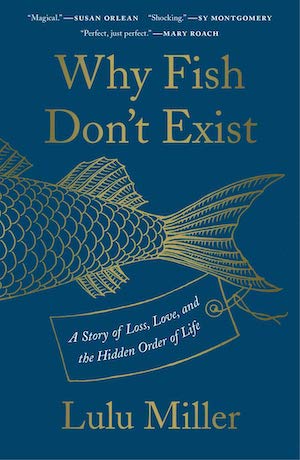
David Starr Jordan was at one point credited with discovering a fifth of all known fish species on earth. It might be tempting to view him as a swashbuckling hero who defied natural disasters and personal loss in the pursuit of science. But science writer Lulu Miller presents a far more complex picture. Miller, faced with her own loss and a sense of meaninglessness, delves into Jordan’s life to understand what gave him purpose. But her intricate portrait of Jordan reveals a more troubling figure, with Jordan prone to some truly repugnant and immoral behaviors and beliefs.
This is not a book easy to characterize. It’s part scientific biography, part memoir, part exploration of the meaning of life. It’s a page turner that will make you ponder life’s biggest questions and challenge your assumptions at every turn. And by the end, you may just gain greater clarity on what gives your own life meaning and purpose. If you’re like me, you will not want it to end.
-
Fathoms: The World in Whale
By Rebecca Giggs
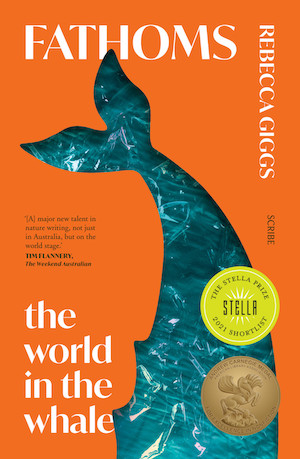
The cardinal rule of great storytelling is to show, not tell. Australian writer Giggs has the rare ability to not only show, but to paint images that, once read, are hard to shake: arctic seas bobbing with “icebergs opaque with wet wipes like browning hibiscus,” or a decomposing whale on the ocean floor, like “a pinata cracked open, flinging bright treasures.”
In Fathoms, Australian writer Rebecca Giggs delves into all things whale. The collection of information she gathers speaks to a long-nurtured obsession and a librarian’s rigor. I never knew that humpbacks suckle their calves on pink milk and sing songs that rhyme. Or that fin whales sing so low that the wavelength of their call is longer than their body. Or that “humans had looked back at Earth from space well before an [underwater] picture of a free-swimming whale in the ocean existed.”
But it’s not all poetic turns of phrase and trivia knowledge. Giggs manages to weave natural history, science, and philosophy into a book that explores what whales can tell us about the health of the ocean, about the ongoing ecological crisis, and about ourselves.
-
Underland: A Deep Time Journey
By Robert Macfarlane
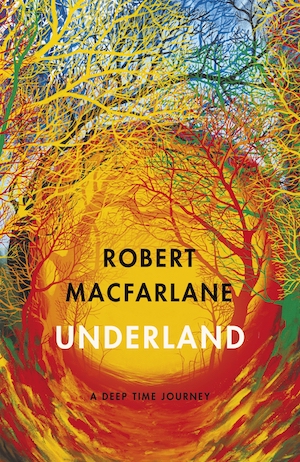
“We know so little of the worlds beneath our feet.” In his award-winning book, Underland, British author Robert Macfarlane takes us underground to explore the world’s subterranean spaces. He follows urban explorers through the tunnels beneath Paris, descends into a nuclear waste disposal site, and contemplates ancient cave art on the remote Norwegian coast. These journeys are just a starting point, leading Macfarlane to explore our perceptions of time, the impermanence of our world, and the relationship between people and the landscapes we inhabit.
Macfarlane’s talent lies in his ability to think and write across disciplines. He can toggle between myth and literature, anthropology and philosophy, history and geology and ecology within a single page. (And he has a journalist’s dedication to getting his hands dirty.) The book is dense, and there were times where I found myself wanting to skip ahead. I’m glad I didn’t. The best journeys take time, and Underland is a perspective-changing read unlike any other.
-
The Secret Social Lives of Reptiles
By J. Sean Doody, Vladimir Dinets & Gordon M. Burghardt
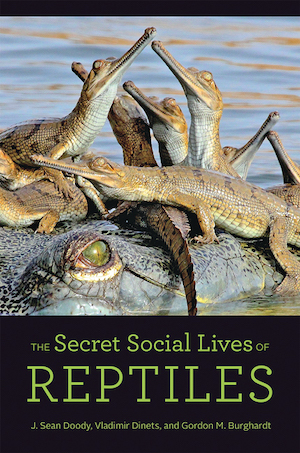
Most of us acknowledge that mammals have social lives. Birds? Sure. But reptiles? Not so much. You likely find it hard to believe that reptiles have complex social lives. You’re not alone. Even some of the most accomplished biologists in history have assumed reptiles were “solitary, dull, slow moving, and having tiny brains and simple behavior.” This wonderful book shatters those assumptions. The authors show that many ideas about reptile behavior are based more on folklore and bias than science. They review the research and present findings in highly readable accounts, demonstrating that reptiles interact with each other in surprising and intricate ways.
The Secret Social Lives of Reptiles reveals, once again, that life on this planet is far more stunning than we can imagine. And while it may be difficult to shed human preconceptions, understanding the science can help us gain a greater appreciation for the world’s creatures, including reptiles.
-
The Last Whalers
By Doug Bock Clark
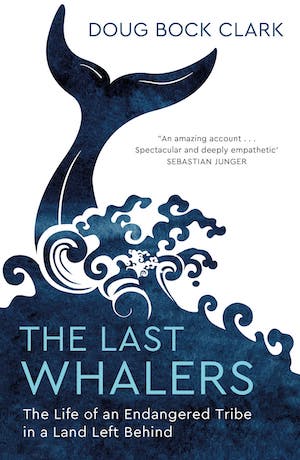
On a backwater island in Indonesia’s Flores Sea live men who still hunt whales. The Lamalerans are the world’s only remaining hunter-gatherer society that survives by whaling — by hand, with harpoons, from canoes.
Journalist Doug Bock Clark lived with the Lamalerans for several years, building deep friendships and witnessing first-hand a culture undergoing catastrophic change. A less-talented writer would have written an anthropological account about a strange people in a far-off land, and left it at that. But The Last Whalers reads like a rich novel, filled with complicated characters and their love affairs, rivalries, insecurities, fears, and dreams. In between riveting accounts of whale hunts (Clark doesn’t spare the grisly details), the Lamalerans walk a tightrope between past and present, grapping with what it means to be “the last whalers” in a changing world.
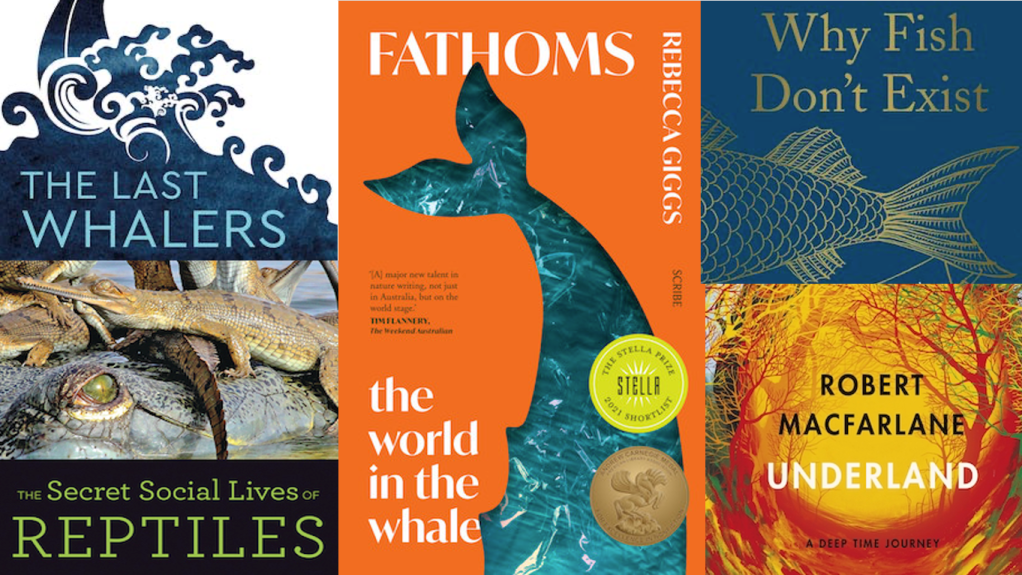



Good work and environmental conservation